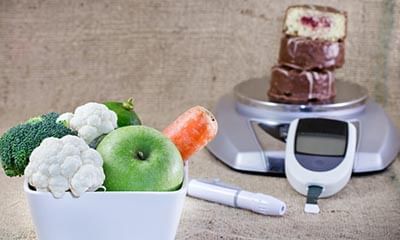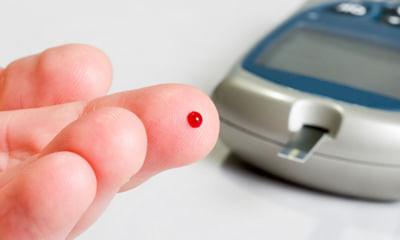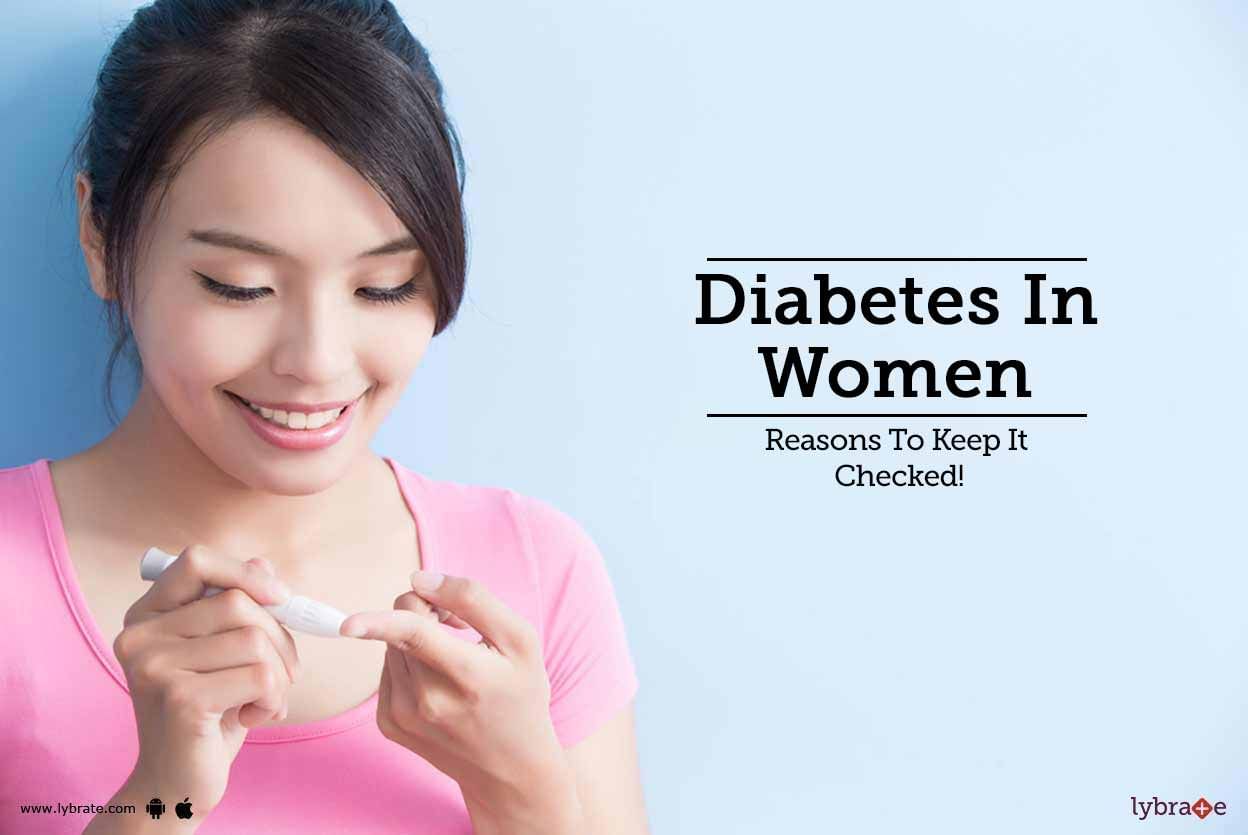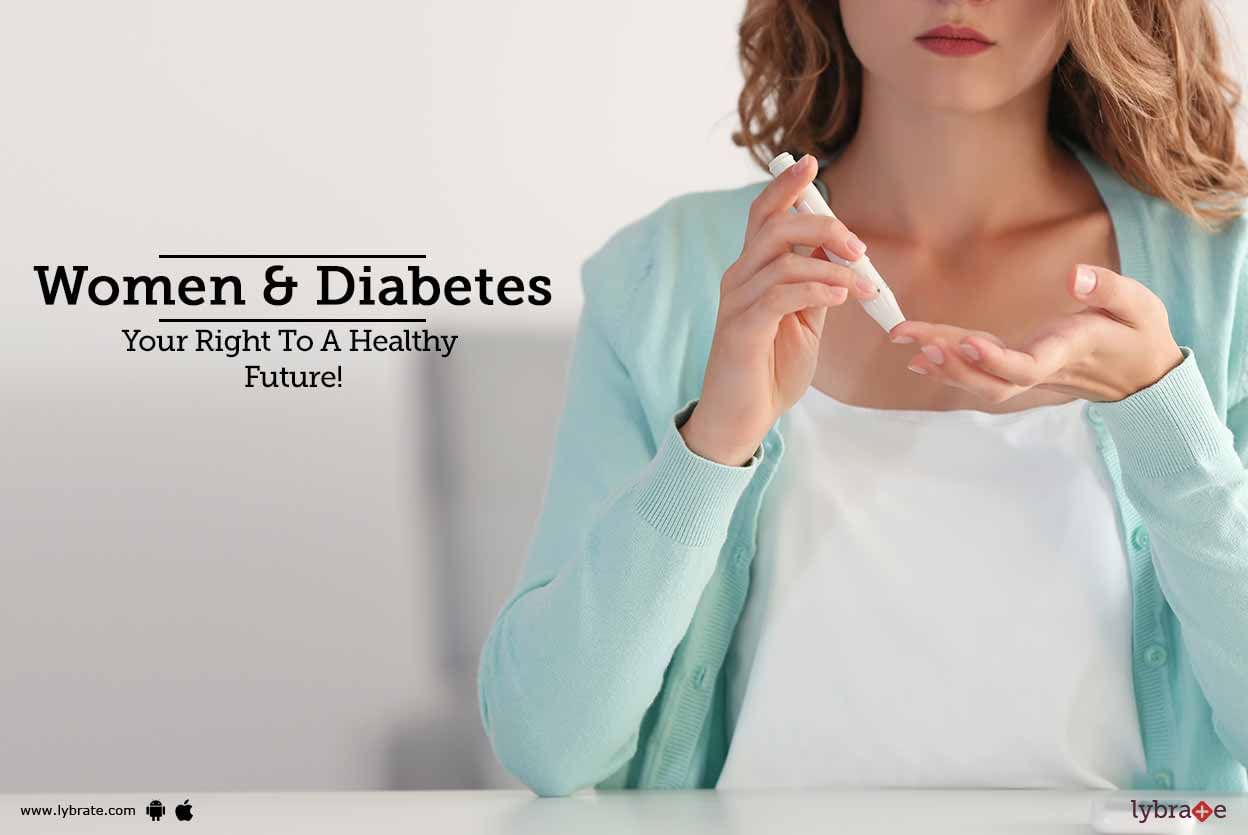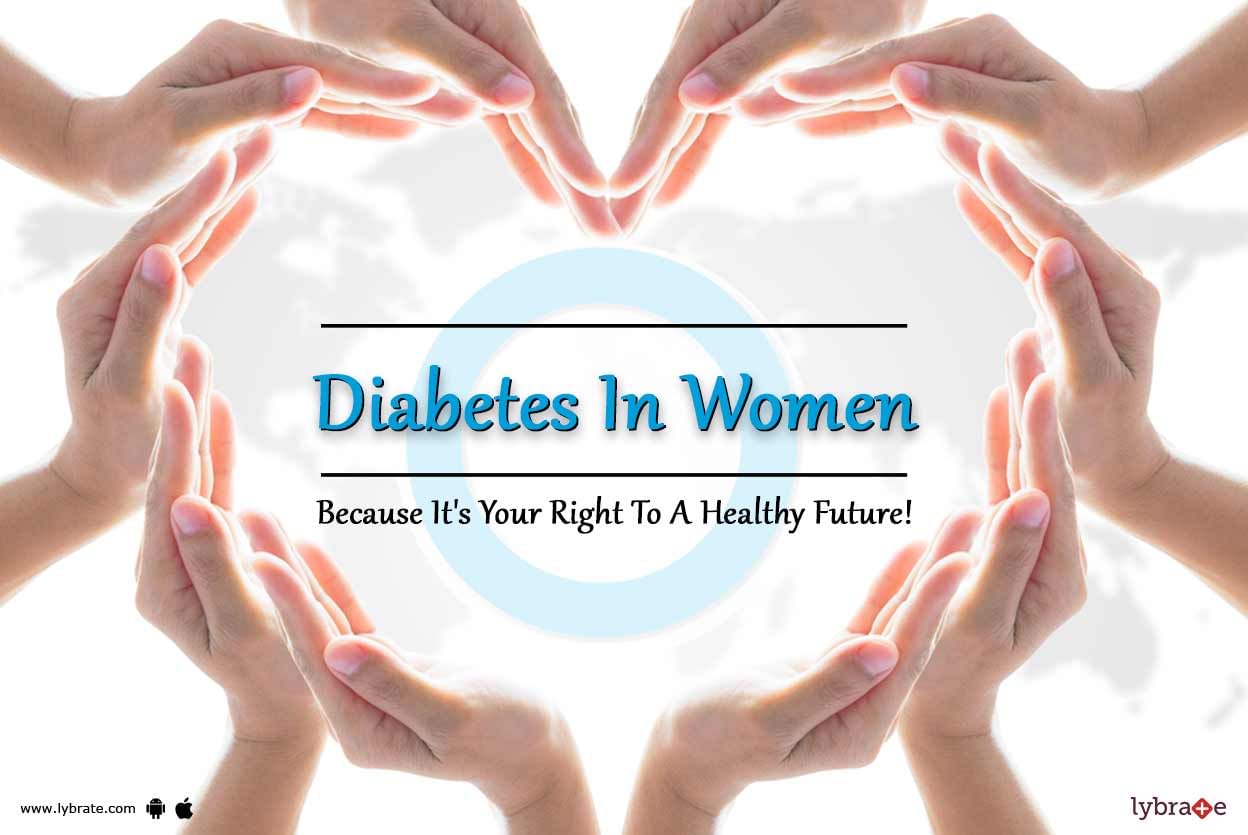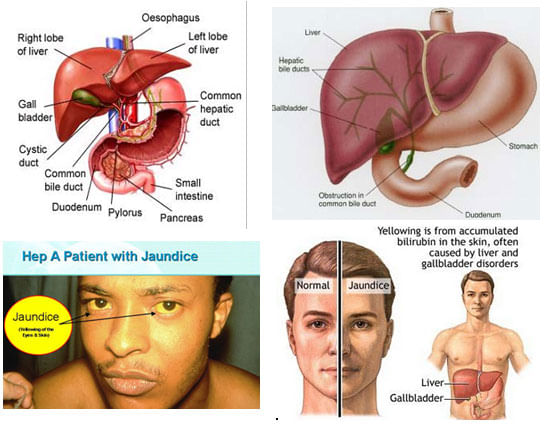Get the App
For Doctors
Login/Sign-up
About
Health Feed
AllQ&AsTips
Diabinese 250Mg Tablet Health Feed
Asked for male, 61 years old from Coimbatore
Share
Bookmark
Report
MBBS, CCEBDM, Diploma in Diabetology, Di...read more
Endocrinologist•Dharwad
Hello, thanks for the query.
Diabetes insipidus is usually treated with injections of hormone adh or desmopressin (typically, this form is treated with a man-made hormone called desmopressin (ddavp, minirin, others). This medication replaces the missing anti-diuretic hormone (adh) and decreases urination. You can take desmopressin as a nasal spray, as oral tablets or by injection.) I am not aware that chlorpropamide is used for that condition. In that condition a person passes almost 20 lite...more
Diabetes insipidus is usually treated with injections of hormone adh or desmopressin (typically, this form is treated with a man-made hormone called desmopressin (ddavp, minirin, others). This medication replaces the missing anti-diuretic hormone (adh) and decreases urination. You can take desmopressin as a nasal spray, as oral tablets or by injection.) I am not aware that chlorpropamide is used for that condition. In that condition a person passes almost 20 lite...more
Asked for female, 20 years old from Calicut
Share
Bookmark
Report
Asked for Male, 71 years old from South Goa
Share
Bookmark
Report
You have diabetes and require medication. I cannot comment on homeopathy or ayurveda regarding the same. Your sugar is very high, and given the HbA1c report, it has been high for a while. Diabetic foot when untreated or when the sugar is uncontrolled, leads to sepsis, and eventually amputation (cutting off the infected toe or leg). I suggest you visit a physician who will advise appropriate medication, even if he does give you a scary lecture. Your situation is definitely scary. You will also re...more
Last Updated: 6 years ago• Featured Tip
Share
Bookmark
Report
The disease itself may not discriminate on the gender basis, but when it comes to healthcare for patients with diabetes, women find themselves at a disadvantage as compared to men. Studies indicate that diabetes, a disease that affects over 371 million people worldwide takes a greater toll on women than men. Though, hormones in women do account for some of the unique challenges they have to face, but there are other societal factors as well that bring in the differences.
This World Diab...more
This World Diab...more
Last Updated: 6 years ago• Featured Tip
Share
Bookmark
Report
The disease itself may not discriminate on the gender basis, but when it comes to healthcare for patients with diabetes, women find themselves at a disadvantage as compared to men. Studies indicate that diabetes, a disease that affects over 371 million people worldwide takes a greater toll on women than men. Though, hormones in women do account for some of the unique challenges they have to face, but there are other societal factors as well that bring in the differences.
This World Diab...more
This World Diab...more
Last Updated: 7 years ago• Featured Tip
Share
Bookmark
Report
The disease itself may not discriminate on the gender basis, but when it comes to healthcare for patients with diabetes, women find themselves at a disadvantage as compared to men. Studies indicate that diabetes, a disease that affects over 371 million people worldwide takes a greater toll on women than men. Though, hormones in women do account for some of the unique challenges they have to face, but there are other societal factors as well that bring in the differences.
This World Diab...more
This World Diab...more
Last Updated: 8 years ago• Featured Tip
Share
Bookmark
Report
Jaundice (also known as icterus) is a yellowish pigmentation of the skin, the conjunctival membranes over the sclera (whites of the eyes), and other mucous membranes caused by hyperbilirubinemia (increased levels of bilirubin in the blood).
This hyperbilirubinemia subsequently causes increased levels of bilirubin in the extracellular fluid. Concentration of bilirubin in blood plasma does not normally exceed 1 mg/dl (gt 17 x00b5 mol/l). A concentration higher than 1.8 mg/dl (gt 30 x00b5 ...more
This hyperbilirubinemia subsequently causes increased levels of bilirubin in the extracellular fluid. Concentration of bilirubin in blood plasma does not normally exceed 1 mg/dl (gt 17 x00b5 mol/l). A concentration higher than 1.8 mg/dl (gt 30 x00b5 ...more
Ask a free question
Get FREE multiple opinions from Doctors
posted anonymously


